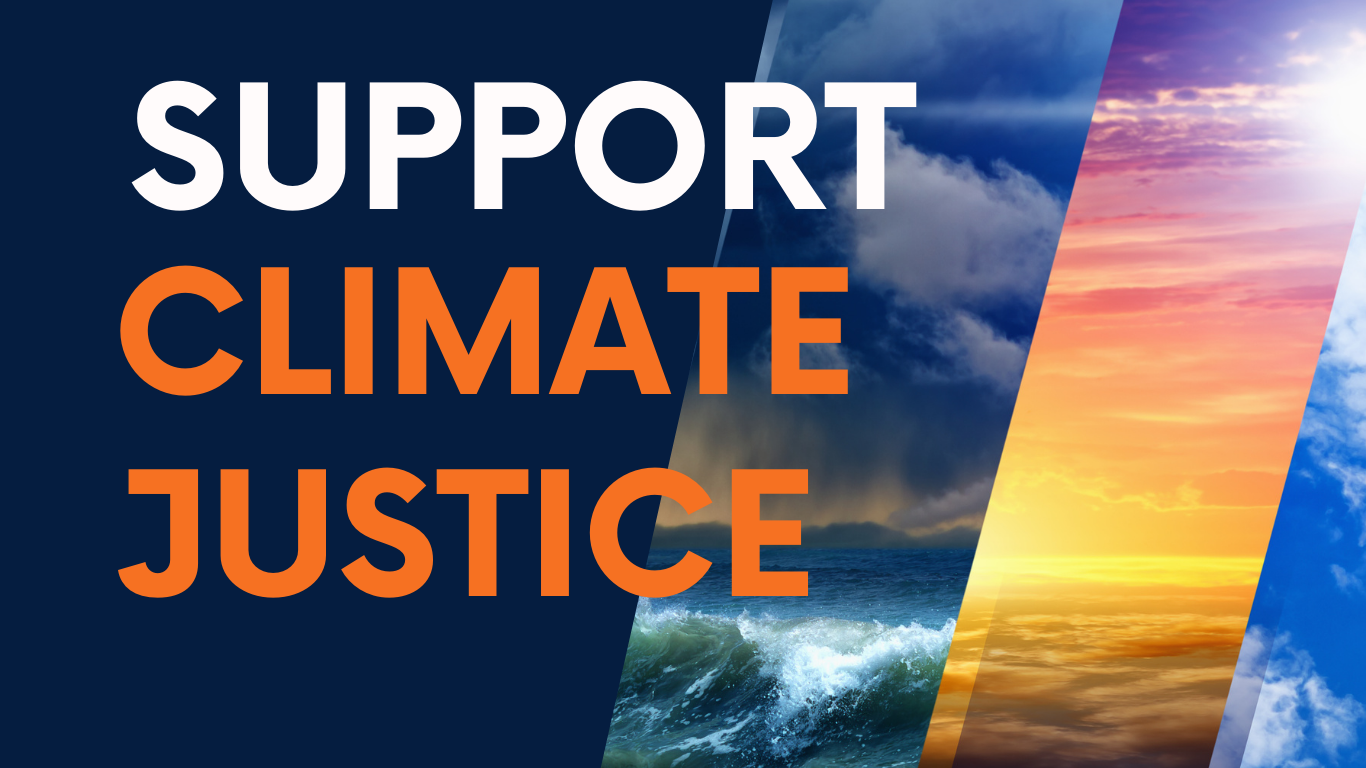In its 10 AM Public Advisory, the National Hurricane Center announced that Tropical Storm Arlene – the first named system for this Atlantic Hurricane season, has weakened into a tropical depression. It is slowly tracking easterly and is expected to continue in that direction until it dissipates.
This past Thursday, June 1, marked the official start of the 2023 Atlantic Hurricane Season – Arlene made its appearance shortly after, forming off the coast of Florida. This season is expected to be “near-normal” according to the experts at NOAA, but some uncertainly loom given ocean temperatures, and the high potential for El Nino development this summer.
While warmer Atlantic Ocean temperatures facilitate the creation of these forces of nature – the expected El Nino’s potential influence on storm development could offset conditions favorable for development.
For the past three hurricane seasons, the La Nina, classified this time around as “extended”, has contributed to the development of storms within the Atlantic Basin.
According to NOAA, “El Niño produces stronger westerly wind at upper levels of the atmosphere across the tropical Atlantic than in normal non-El Niño seasons….increases the total vertical wind shear, basically shearing the tops from developing storms before a healthy circulation can form.”
While El Nino may contribute to a calmer season, human-caused climate change has however continued to drive the rapid warming of the global, with it the ocean. A study recently published in the journal Earth System Science Data highlights that over the past 15 years, Mother Earth has accumulated as much heat as it did over the past 45 years.
While warmer oceans pose a direct threat to small island states, and coastal communities since they fuel the development of strong hurricanes – they also contribute to the loss of rich biodiversity, marine life, and sea level rise. This can also impact the ocean’s ability to as a carbon sink.
“These are competing factors, some that suppress storm development and some that fuel it, which is driving this year’s overall forecast for a near-normal season.” Executive Director of the Caribbean Disaster Management Agency, Elizabeth Riley said in a regional press conference this week.
“Now scientists are predicting a high potential for El Nino to develop this summer. And you may know that El Nino can suppress Atlantic hurricane activity. El Nino’s potential influence on storm development could be offset by favorable conditions local to the tropical Atlantic basin. Those conditions include the potential for an above-normal West African monsoon, which produces African easterly waves and seeds, some of the stronger and longer-lived Atlantic storms, and warmer than normal sea surface temperatures in the tropical Atlantic Ocean and Caribbean Sea, which creates more energy to fuel storm development.” Riley added.
This simply means citizens and governments must take all precautions and adequately prepare for this coming hurricane season despite the projections, which NOAA estimates with 70% accuracy according to their models.







